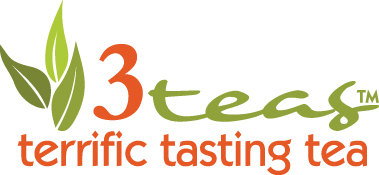News / tea and health
Is tea good for your brain?
Recent studies have shown some of the effects of tea on brain function.
- A recent human study examined the effect of the unique tea amino acid L-theanine on attention related task performance. Task performance was measured by tracking electrical activity produced by the brain ( via EEG). The results suggest L-theanine plays a role in processing attention in synergy with caffeine. (1)
- A published randomized human clinical trial found that subjects given a daily supplement with green tea extract and L-theanine extracted from tea experienced improvements in mild cognitive impairments (MCI). (2)
- Caffeine and L-theanine in tea may offer cognitive benefits and improve mental clarity and work performance. A cross-sectional study showed that participants who consumed more tea felt less tired and reported higher levels of subjective work performance. (3)
- A double-blind, placebo controlled crossover study showed that the flavonoid EGCG (found in green tea) was associated with a significant increase in self-rated calmness and reduced self rated stress. This is in keeping with the widespread consumption of green tea for its purported relaxing/refreshing properties.
1. Kelly SP, Gomez-Ramirez M, Montesi JL, Foxe JJ. L-Theanine and caffeine in combination affect human cognition as evidenced by oscillatory alpha-band activity and attention task performance. J Nutr 2008;138:1572S–7S.
2. De Bruin EA, Rowson MJ, Van Buren L, Rycroft, JA, Owen GN. Black tea improves attention and self-reported alertness. 2011. Appetite, 56: 235-240.
3. Bryan J, Tuckey, M, Einöther S.J.L. et al. The relationship between tea and other beverage consumption, work performance and mood. Appetite, 2012. 58 (1), 339–346
4. Scholey A; Downey LA; Ciorciari J; Pipingas A; Nolidin K; Finn M; Wines M; Catchlove S; Terrens A; Barlow E; Gordon L; Stough C Acute neurocognitive effects of epigallocatechin gallate (EGCG). Appetite. 58(2):767-70, 2012 Apr.

